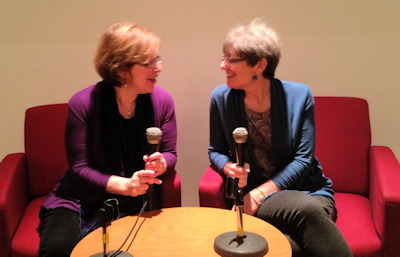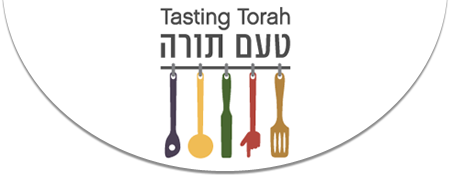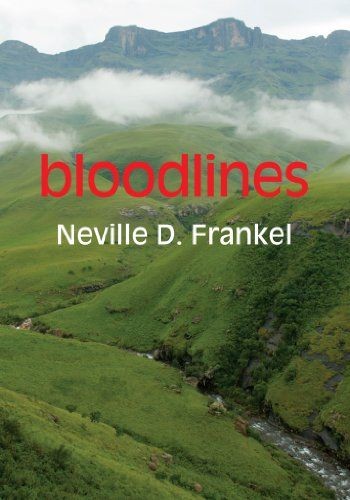Leslie:
Who would we be if our grandparents had not left Russia? This is one of the questions that inspired this story. If we were lucky enough to survive World War I, a revolution, Stalin, World War II, Stalin again and the everyday indignities and dangers to Jews, and been born into loving and protective families, we might have had the life of Alisa or Vera. This is an exploration of those lives.
There are moments when we marvel that we have lived to reach this day1. That is my memory of July 9, 2010, standing barefoot on Seven Mile Beach surrounded by my family and closest friends as we witnessed a wedding. Thirty-five years ago I met the groom's mother, Vera, by chance on a corner in Leningrad. Since those days I've experienced several careers and transitions, but our friendship has endured. At one time, when Vera and I were separated by Cold War politics, this reunion would have been unimaginable. Could we say Jewish luck drove us directly to this moment?
During this celebration I became reacquainted with Vera's college friend, Alisa, and we savored the realization that we spoke to Vera in one voice. While Vera bustled through wedding logistics, Alisa and I swam through the themes of our lives. For me, it was cross-cultural adaptation and identity formation. Suddenly, it seemed obvious -- Vera and Alisa's coming-of-age story in a revolutionary period was packed with intrigue, passion, and friendship. It must be told, we agreed.
I have a lot of great ideas, many of them like shooting stars, brilliant at the moment and then evaporating from sight. After three weeks when this idea was still simmering on the front burner, I risked announcing it to my sister, Meryll. Not only was she immediately on board, but she informed me that she had already thought of it. Working with your older sister presents a wonderful opportunity for its own dialectic. Very different approaches and temperaments conflict and find a synthesis.
This journey to the past for Vera, Alisa, and me was fraught with some trepidation for awakening submerged memories. I had not returned to Russia since 1977 when I was delayed, alone and rubleless for a week after my visa was stolen. In September 2011, driven by Meryll's momentum, we converged in St. Petersburg to trace Vera and Alisa's footsteps. Heading due West, we shadowed Alisa through her old and new life in Stockholm.
Over the years, I lost touch with the world news, but not with Vera and our mutual friends, RD and Lars. In the process of writing this book, I have caught up with the history of the country that intrigued me; and, with Meryll, pieced together how Vera had moved from being an Institute student with no future to a woman with homes on different continents and Alisa's contrasting journey.
Meryll:
On a beautiful July afternoon in Minneapolis my daydreams drift to the Caymans. I imagine my sister and her family lolling on the beach-- well, maybe just Leslie on the beach since her husband and children are sand-averse. They are ensconced at the Ritz-Carlton courtesy of Leslie's Russian friend, Vera, who is hosting her son's wedding with her typical panache.
Spiraling back to the 1970s, I remember Leslie's wild adventure tales from the USSR and her meeting Vera, a risky business. Who would have thought Vera would become the successful entrepreneur she is today?
Leslie returned home from the Caymans, bubbling with passion. She outlined her book idea chronicling Vera's and Alisa's lives. I was intrigued. I was also a retired History teacher. Impulsively, I asked Leslie if she thought we could write her proposed book together. Instant assent. Then I wondered how our very different personalities and styles would mesh as we became sister-collaborators.
I did not know Alisa at all and through the technological wonder of Skype, we became acquainted and then intimate. Soon I was completely enmeshed in the women's stories and completely committed. Alisa's path diverged sharply from Vera's but her courage, strength and intelligence paralleled her friend's. I couldn't resist a story of two Jewish women who beat the odds stacked against them.
Writing about Alisa and Vera pulled me deep into my own past. By the time I was ten years old I tried to ferret out our family history as well as the darker side of Jewish History. Our family was more than willing to regale us children with tales of Dad's Norfolk childhood during the 1920s and 1930s, but there was a blackout on details surrounding our great-grandmother's 1905 flight from Russia. Our grandmother constantly admonished us for our curiosity about her Russian beginnings. "Why do you want to know that? America is the best country in the world." In our home, unpleasantness was banned from speech and reading. Our family laid the foundations for a safe and secure life, but didn't want to shake the foundation by gazing in a rear-view mirror.
The reluctance to reflect backwards nurtured my interest in history. Unconsciously, I learned much about sisterhood, too. I watched my great-grandmother and the tantas, her sisters, so small and locked in their Yiddish and stepping out in their high black shoes and flowered soft dresses, reveling in each other's company. Thinking about these women with their strengths and foibles, I cannot imagine the courage it took to leave the known-- as frightening a place as Russia was under Tsar Nicholas II-- to come to the Goldene Medine2 where they depended on their children to navigate the American world and on their grandchildren to finally make a success. Could I ever imagine having that kind of courage? And what if they had not left?
My thoughts return to Vera and Alisa. Here are woman of our generation who had to muster all their talents not only to survive but to thrive in an era of chaos and disintegration as well as a time of new freedoms. As we witness and reflect with Vera and Alisa on their lives, we are struck by the interplay of determined strategy, risk-taking and wisdom along with "luck" in an environment where there are no rules and no predictability. Certainly it helped to have a true friend.
Leslie and Meryll:
We can be transformed by the process of story-telling, whether we are the subjects, the authors or the readers. Through the stories of Vera and Alisa we discovered the strands of our own narrative pursued over three years of conversation, questions, debate, and research. Vera and Alisa were able to hear each other's stories and resolved past conflicts. Our relationship as sisters deepened in trust as we became sister-friend-collaborators.
Footnotes
1. There is a Jewish blessing to thank God for allowing us to reach special milestone days.
2. Goldene Medine. This Yiddish term means Golden Country and refers to the myth that American streets were paved with gold.




